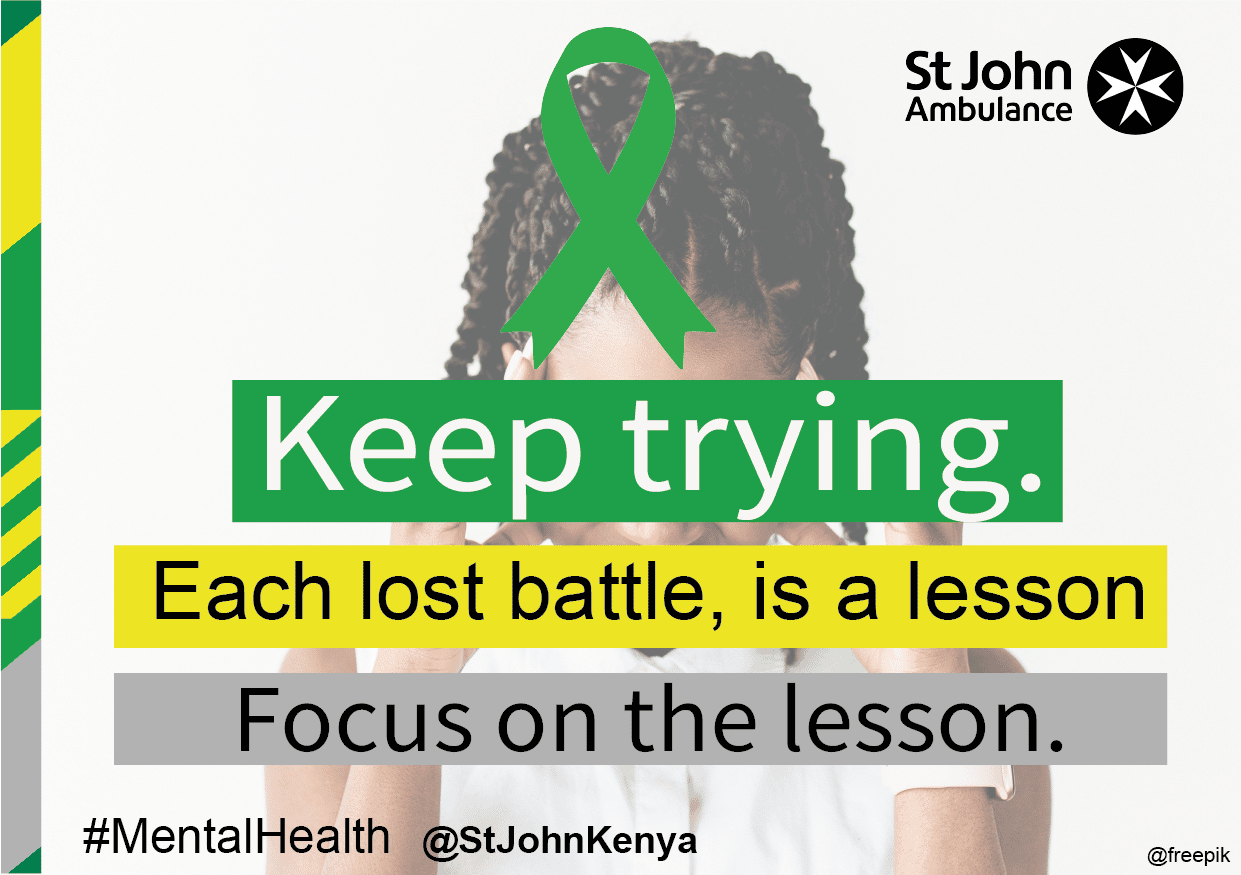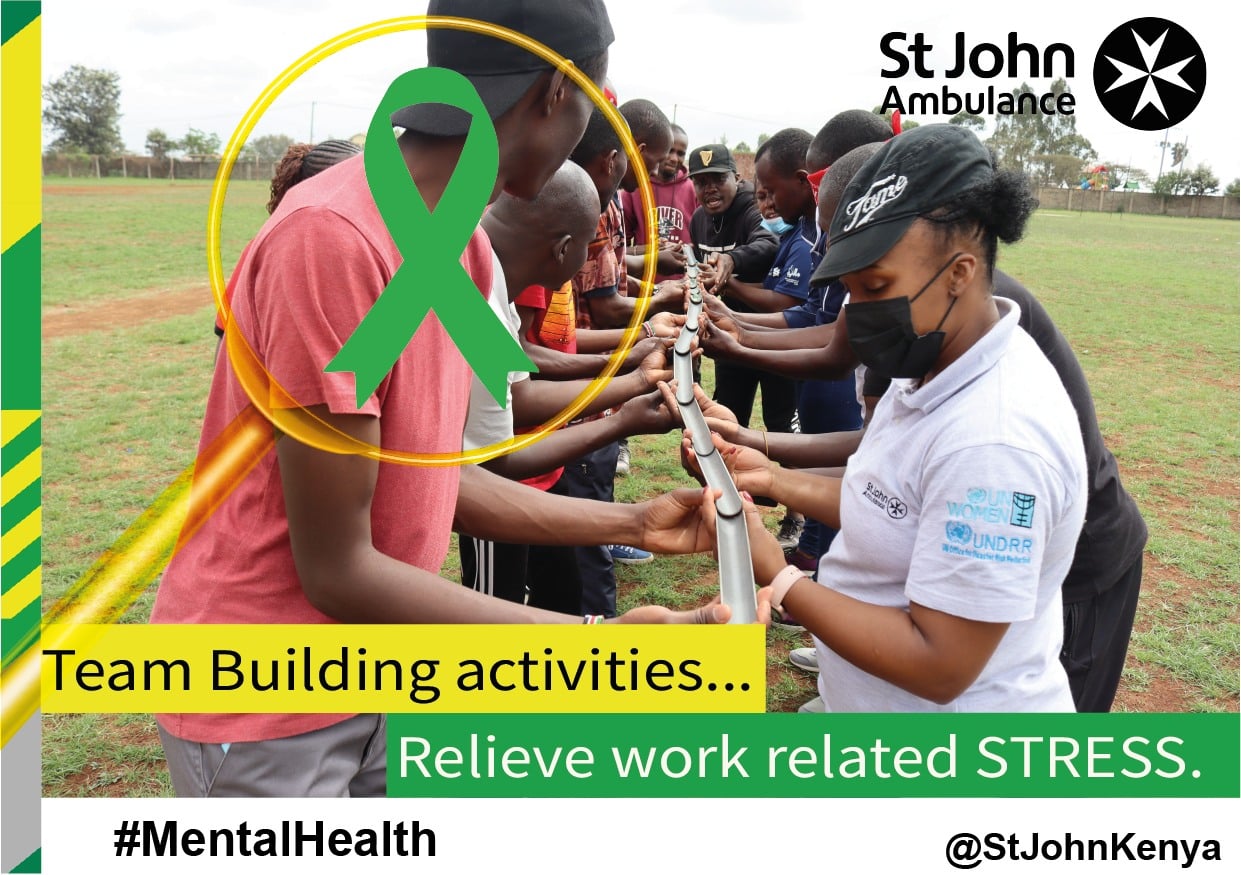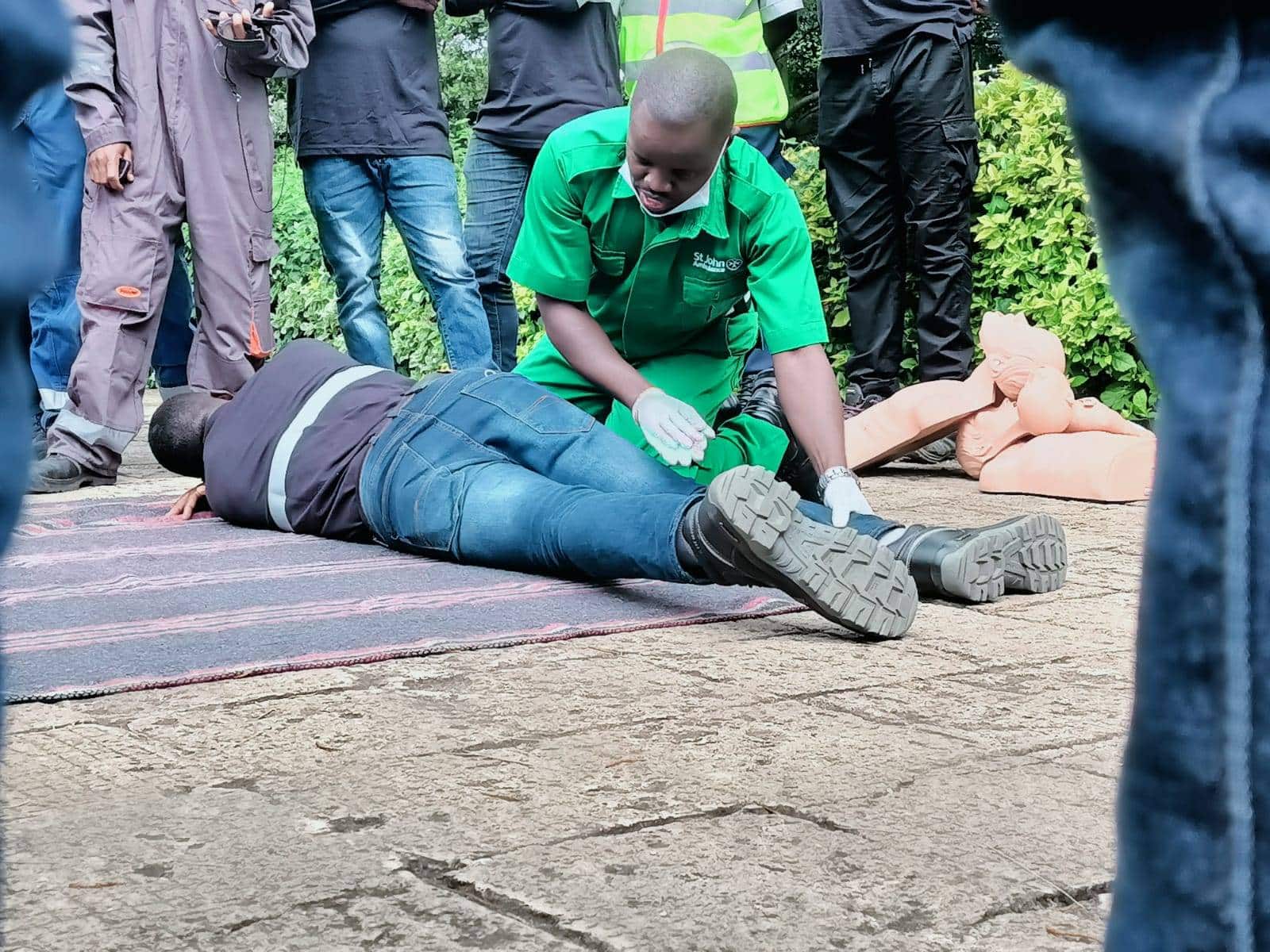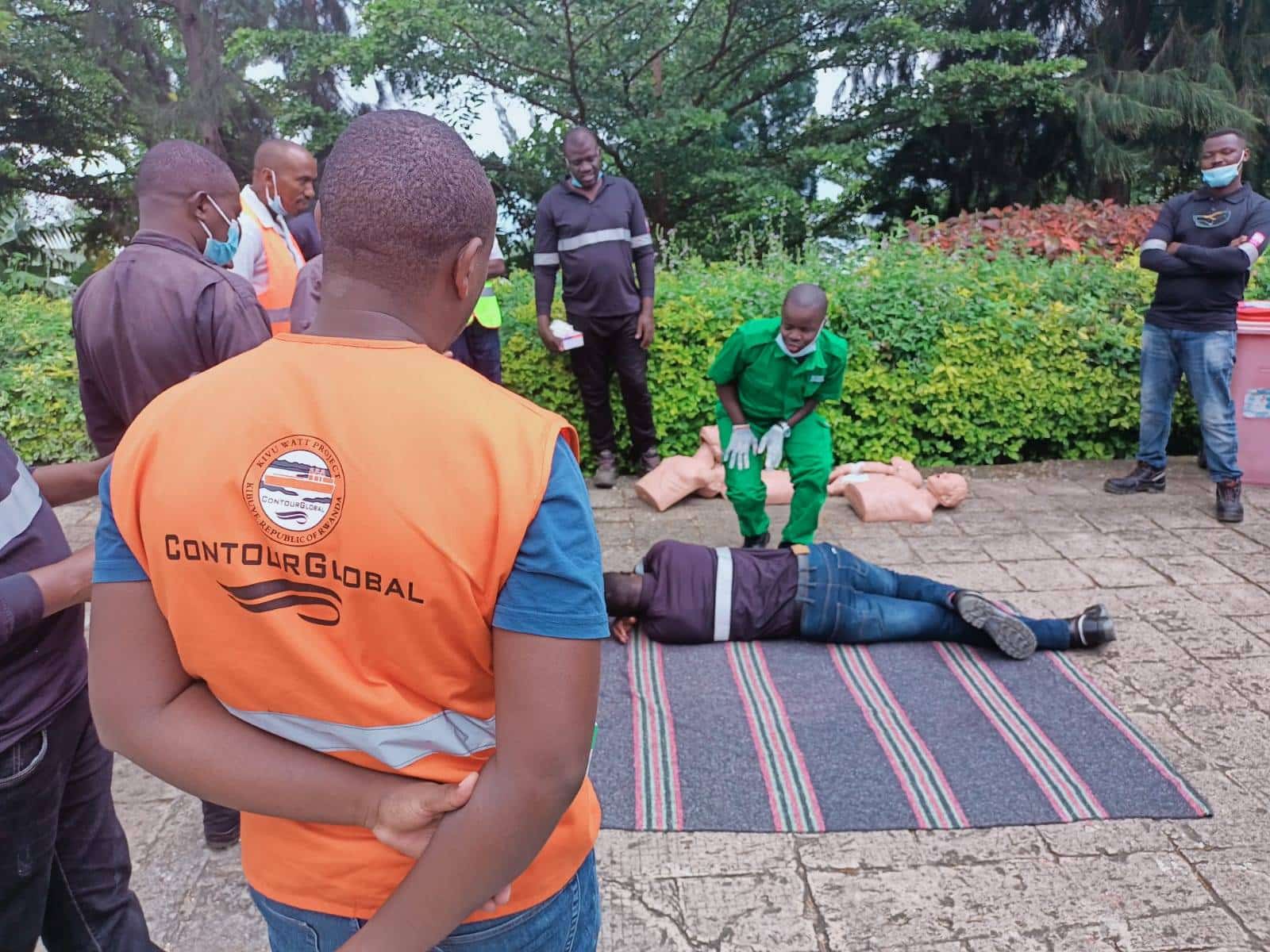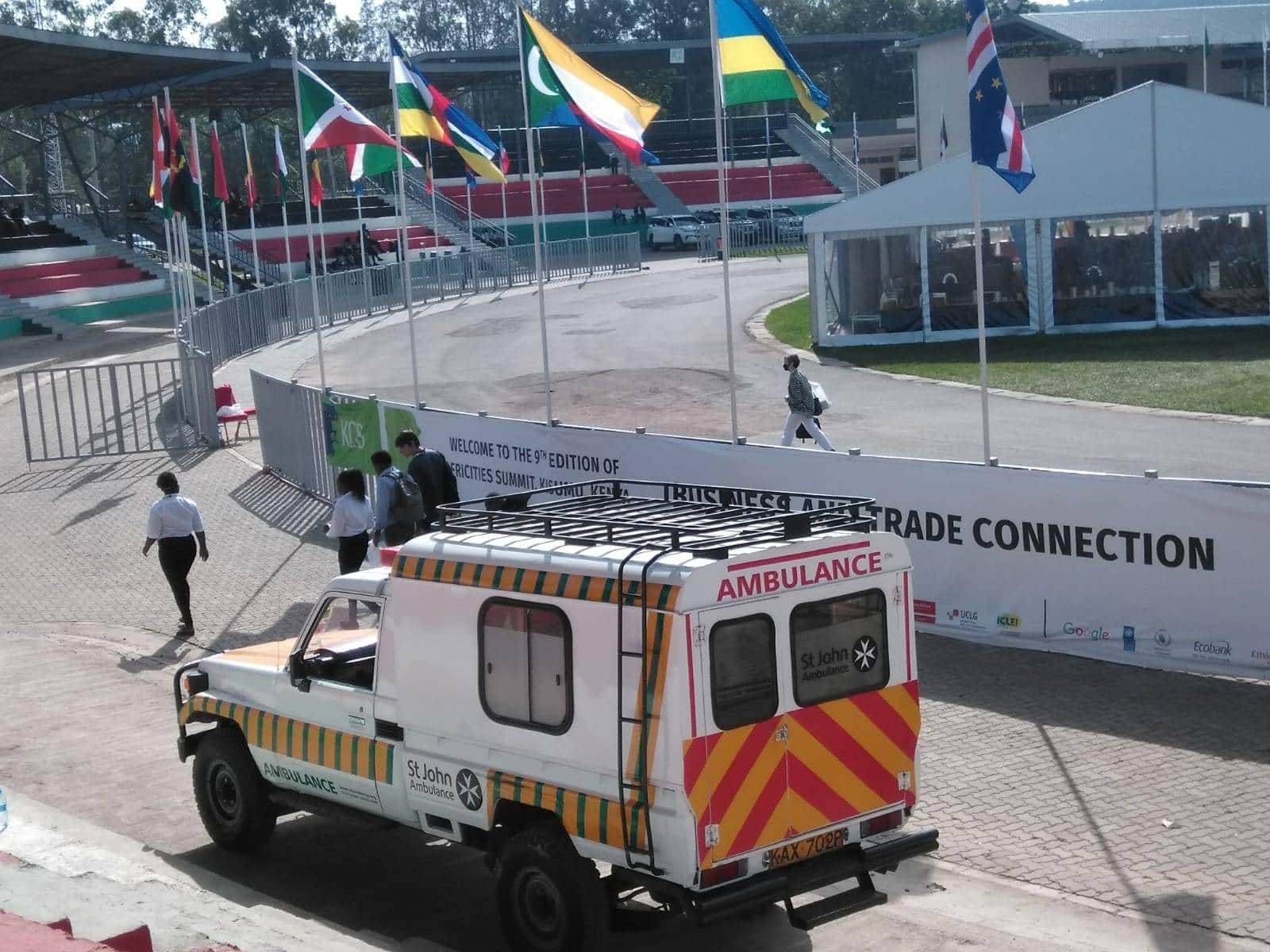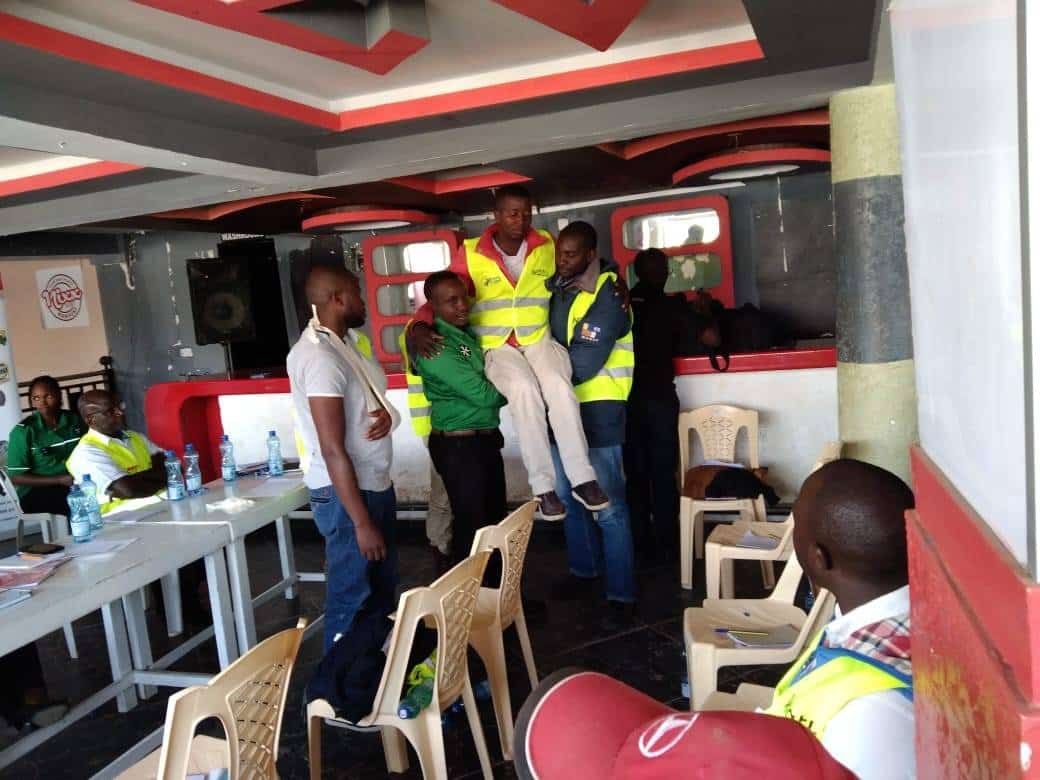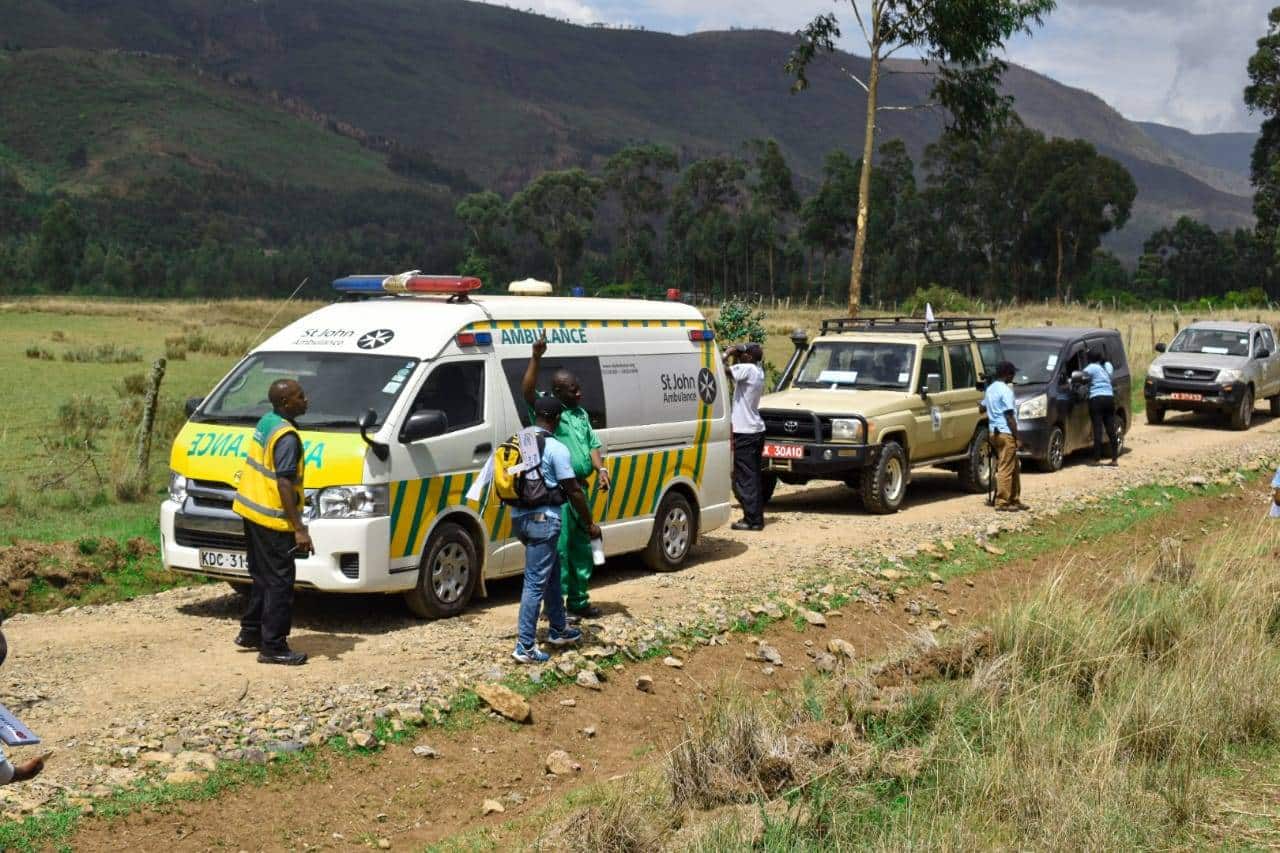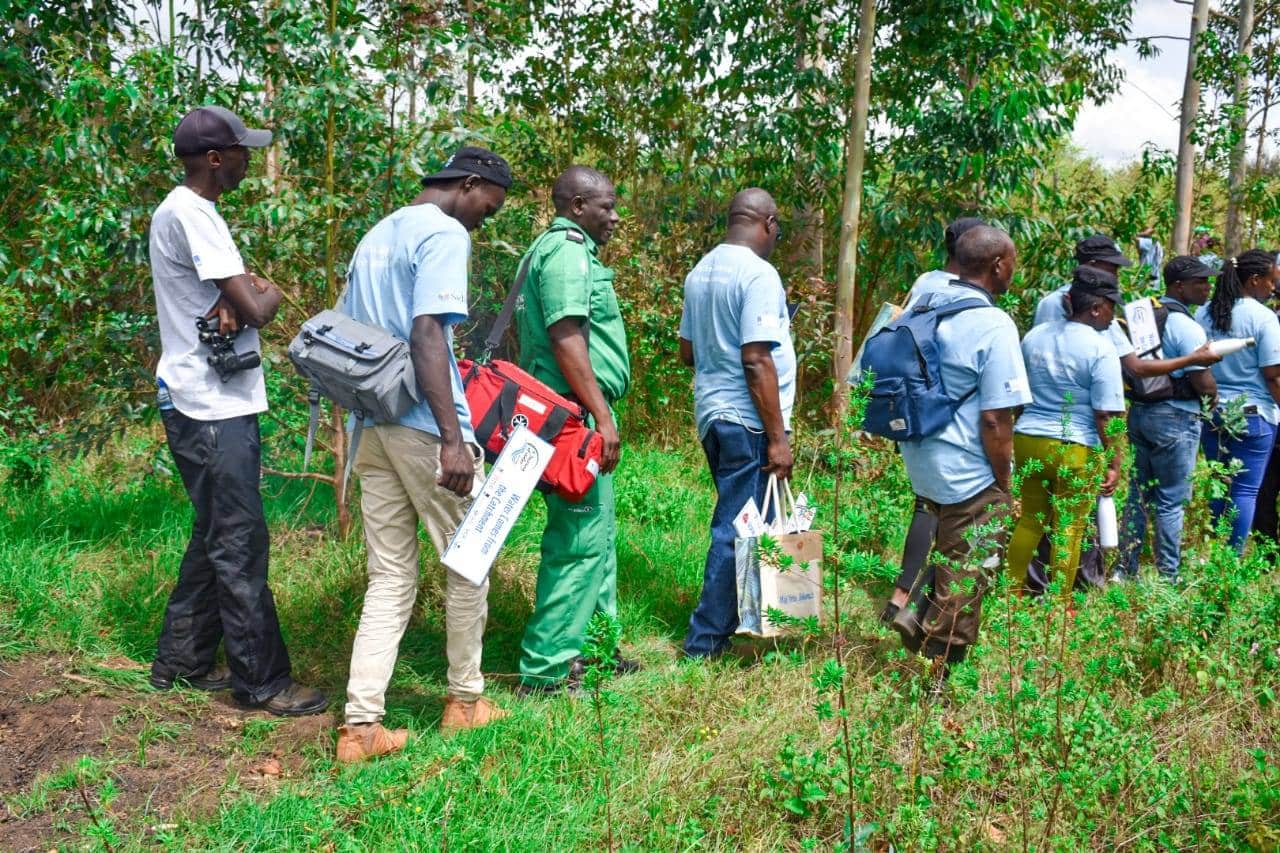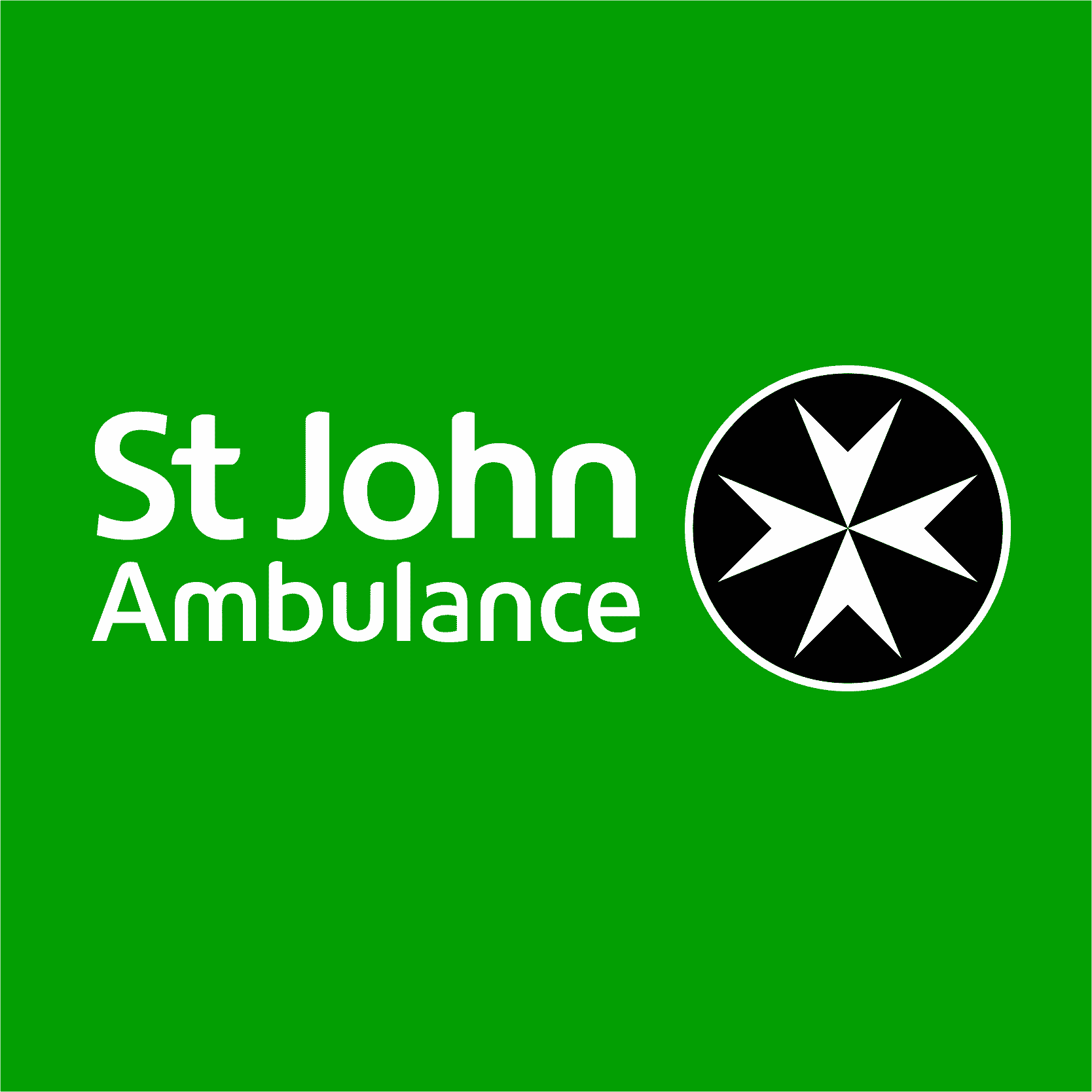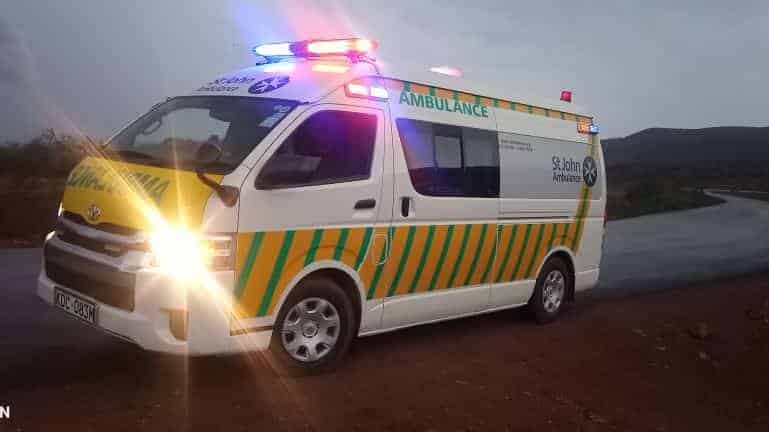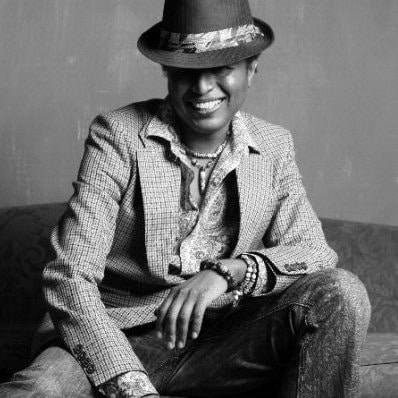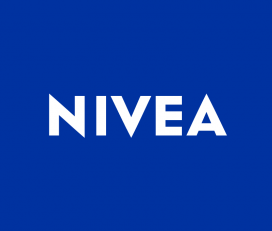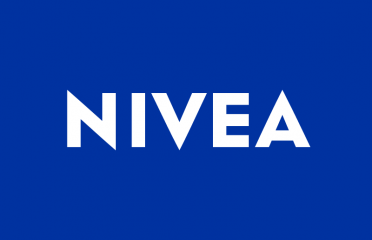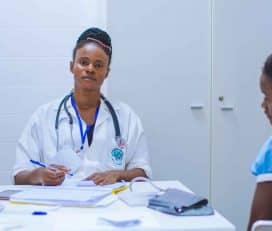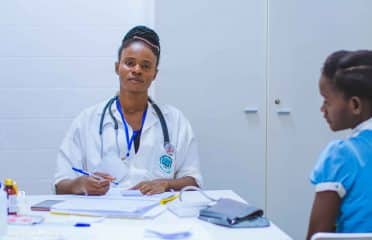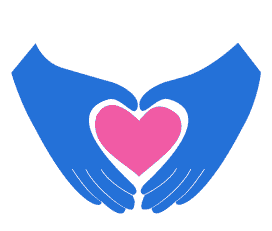Founding and early years of St John Ambulance
Since its creation in 1923, the St John Ambulance in Kenya has remained true to its sole purpose of saving lives by giving first aid to the wounded and training communities to cope with emergencies.
The Organisation came into being in Kenya at the initiative of the then Police Commissioner Sir Cavendish, who doubled up as the first St John Commissioner in the country in 1923.
Cavendish then lobbied police officers to join the charity whose sole purpose was to save lives by giving first aid to all wounded officers.
The organization then operated as unit of the Kenya Police until 1928 when it became a civilian organization recognized as part of the global network of the Order of St John.
During this time, St John witnessed a tremendous growth in its membership which spread to workers engaged in railway and port services.
Officers in charge of St John during these period were mainly Britons, as most Kenyans did not have the requisite education needed for such positions.
As the first ambulance was introduced in 1939, the charity started becoming a household name, giving first aid treatments and training communities how to care for simple injuries and illnesses.
The years preceding 1963 was one of the organization’s busiest, with several people sustaining injuries arising from insurgence mayhem against colonialism in Kenya.
On 12th December 1964, during the country’s independence celebrations, first-aid posts mounted by St John Ambulance treated more than 1,000 casualties who were injured in celebrations and excitements of a new Kenya.
Since the traditions of St John is that the Head of State automatically becomes the Chief Patron upon acceptance, His Excellency President Jomo Kenyatta then became the first Kenyan Chief Patron of St John.
The President was committed to supporting the operations of St John due to the charity’s significant role in complementing government medical services and the armed forces in caring for the wounded and the ill.
During this time, native Kenyans started taking positions previously held in the organization by the Britons who were leaving the country after independence.
In 1965, President Jomo Kenyatta invested Sir Charles Markam as the Commander Brother, a rank which was very high in the organization at the time. This was followed by another colourful investiture for the then Chairman Mr. Rupet Mayne at State House Nairobi.
On the 22nd day of March 1972, the date was ripe for investiture of President Jomo Kenyatta as a Knight of Grace of the Order of St John. This prestigious award by the Queen of England was to recognize his contribution to the charity activities of St John in Kenya.
His Excellency President Daniel Arap Moi then took over as the President of the Republic of Kenya, and consequently Chief Patron of St John Kenya following the death of Mzee Jomo Kenyatta on 22nd August 1978.
President Moi, being passionate about charity, injected a lot of vigour into the operations of St John. Occasionally, the President would preside over the annual council meetings, giving a personal donation, or writing donation appeal letters to parastatals to support St John.
In 1979, the Attorney General Sir Charles Njonjo, who was a member of the St John Council at that time, introduced the St. John Ambulance of Kenya (Incorporation) Bill that was seconded by the then Minister for Health Hon James Osogo. The motion was initially moved by the then Vice-president and Finance Minister Mwai Kibaki. This bill was passed into a law, giving way for St John Ambulance to be established as a corporation in the Republic of Kenya.
A year after incorporation, when Pope first visited Kenya in 1980, more than 800 people fell ill and were treated by St. John medics who were manning the 12 first aid posts at Uhuru Park.
1980s ushered in a new era of frequent terror attacks which overstretched the resources of St John Ambulance. This commenced with the Norfolk hotel attack in 1980, then the bombing of the US embassy in 1998 and Paradise hotel in 2002. In 2013, the militant group Al-Shabaab killed 67 people at Nairobi’s Westgate Shopping Mall. There was also the April 2015 attack at Garissa University College, where gunmen killed 148 people and wounded several others. On 15 January 2019, four gunmen attacked the DusitD2 complex at 14 Riverside Drive junction, killing 21 people and injuring several others before they were contained by security forces. There have been numerous other lesser attacks.
During this post 80s era, St John Ambulance were overstretched with frequent road accidents that typically claims about 3,000 lives annually. The organization has also been relied upon to help in occasional collapse of poorly-built structures, especially in urban areas.
As the first case of HIV in Kenya was detected in 1984, becoming one of the major causes of illness in the country by the mid-1990s, St John Ambulance had to introduce home-based care program to reduce suffering of persons living with HIV.
The pandemic which affected nearly 11 percent of the country’s population has since been substantially contained by scaling up of viral suppression, male circumcision and awareness promotion among other interventions.
In December 2013, the organization marked another great day in its history, by being elevated from an “Association” to be the ninth “Priory” in the world, and second in Africa after South Africa. This auspicious inauguration was presided by St John’s Chief Patron His Excellency President Uhuru Kenyatta and Lord Prior Professor Anthony Mellows at All saints Cathedral Nairobi.
Following this elevation, St John Kenya now sits in the Grand Council of the Order of St John, which ratifies all the programmes and policies of the St John worldwide.
Today, St John Kenya continues to expand its programmes to keep up with the rising demand. Part of their ongoing initiatives include increasing access to maternal care in hard-to-reach villages through motorcycle ambulances, reduction of road deaths through emergency care centres stationed at key blackspots, as well as building resilience of vulnerable groups like prisons to cope with local emergencies through emergency preparedness training.


